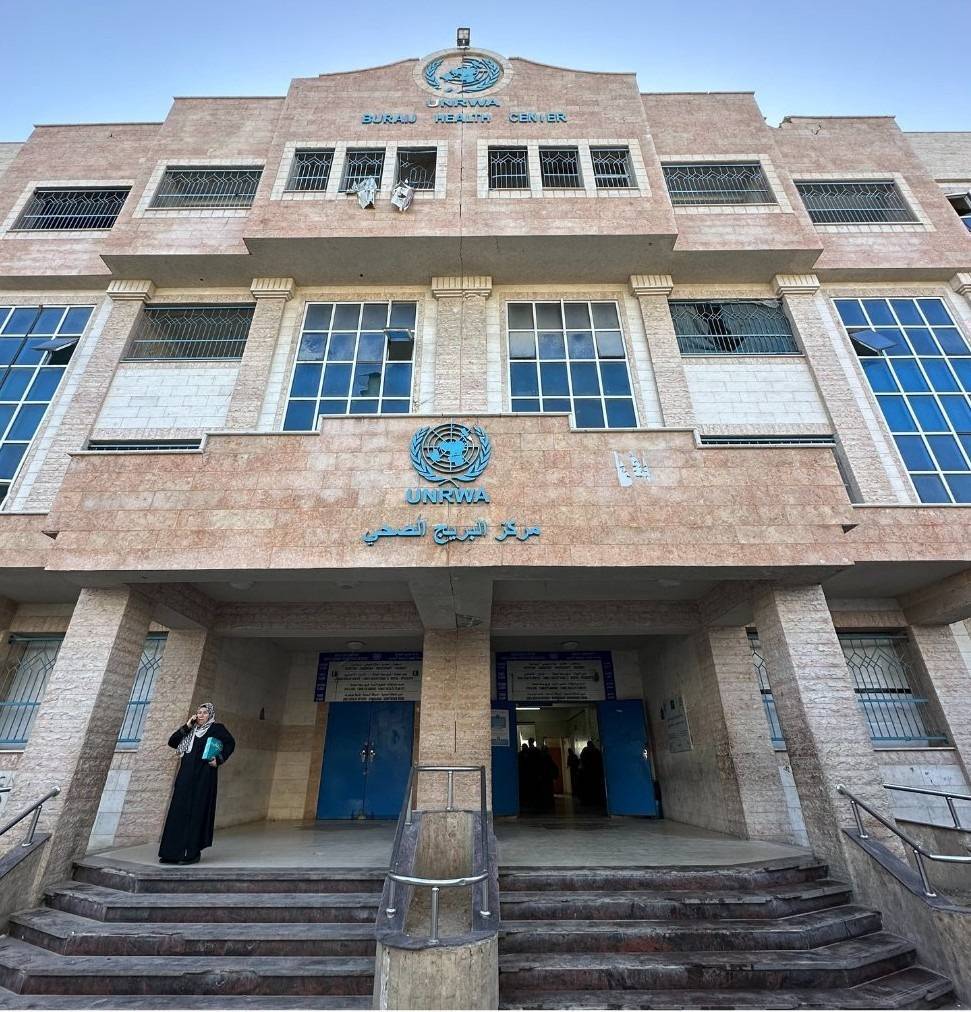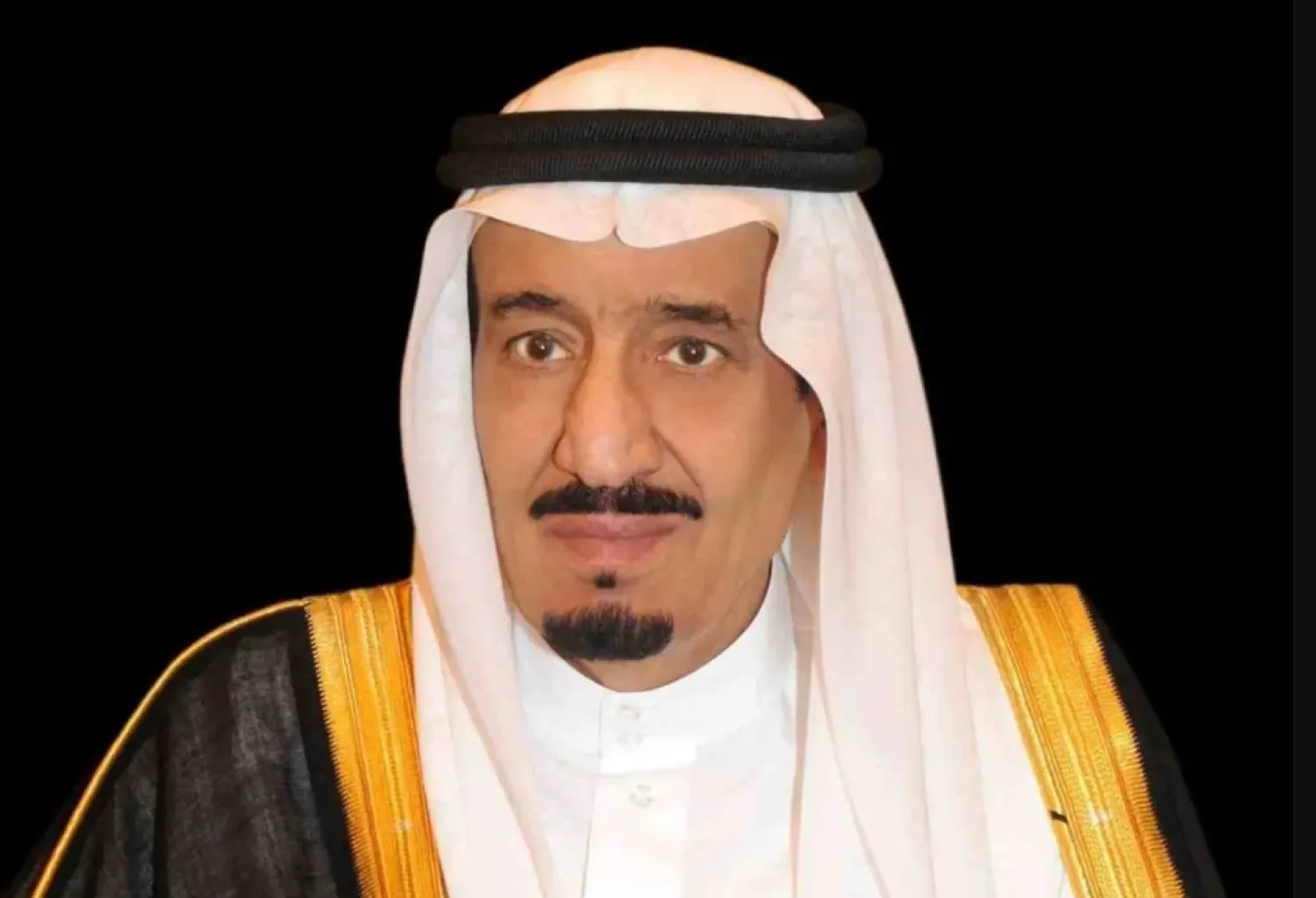Nine months after they declared their historic reconciliation and restored diplomatic ties, Saudi Arabia and Iran reiterated on Friday their commitment to the complete implementation of the Beijing Agreement.
The China-sponsored agreement was reached on March 10.
The first meeting of the Saudi-Chinese-Iranian tripartite committee was held in Beijing on Friday.
The heads of the Saudi and Iranian delegations met with the Director of the Office of the Foreign Affairs Committee of the Central Committee of the Communist Party of China and member of the Political Bureau of the Central Committee, Wang Yi.
The meeting, chaired by Chinese Deputy Foreign Minister Deng Li, aimed to follow up on the Beijing Agreement. The Kingdom's delegation was headed by Vice Minister of Foreign Affairs Eng. Waleed bin Abdulkarim El-Khereiji, while Deputy Foreign Minister Dr. Ali Bagheri Kani led the Iranian delegation.
The officials discussed the positive results achieved in the relations between Saudi Arabia and Iran since the Beijing Agreement. They discussed the reopening of the two countries' embassies in Riyadh and Tehran and the meetings and mutual visits of the foreign ministers of the two countries.
Saudi Arabia and Iran expressed their appreciation for China's vital role and hosting of the meeting. They underlined their total commitment to implementing the Beijing Agreement.
The Chinese officials expressed their readiness to continue playing a constructive role and supporting Saudi Arabia and Iran in taking further steps towards strengthening their relations.
The attendees confirmed that the tripartite committee would continue to meet. At Saudi Arabia’s invitation, the next committee meeting will be held in the Kingdom in June.
Dr. Hisham Al-Ghannam, the General Supervisor of the Security Research Center and National Security Programs at Naif Arab University for Security Sciences, described Friday’s statement as “very significant because it reflects the agreement between Saudi Arabia and Iran to consolidate China-mediated dialogue between them to resolve any disputes and develop their relations.”
He told Asharq Al-Awsat that it appears that such a mechanism – the tripartite meeting between the foreign ministers – will take place every three months.
Moreover, he added that the statement demonstrates that the March reconciliation will reflect positively on the Gulf region and several Arab files.
This was expressed by Saudi and Iranian officials on several occasions since March, he noted.
The officials on Friday also expressed their concern about the ongoing situation in the Gaza Strip, which poses a threat to regional and global security and peace.
They urged an immediate stop to military operations in the Gaza Strip, the provision of sustainable relief to civilians, and expressed opposition to the forced displacement of Palestinians.
They stressed that any future arrangement about Palestine must embody the will of the Palestinian people and support their right to establish their state and self-determination.
Al-Ghannam said: “It appears that Saudi Arabia and Iran are in agreement over the war against the Palestinian people in Gaza. They both want the Israel aggression to cease immediately. They both want aid to be sustainably delivered to the residents in Gaza.”
“They want Gaza’s future to be determined by the Palestinian people, not any other foreign party. They are in agreement on supporting the Palestinian people in determining their fate and establishing their own independent state,” he went on to say.
Throughout the past nine months, Saudi Arabia and Iran have made strides in developing their ties and implementing the Beijing Agreement. They reopened their embassies in both countries and agreed on bolstering cooperation in all fields, especially in security and economic affairs.
Saudi Foreign Minister Prince Faisal bin Farhan bin Abdullah met his Iranian counterpart Hossein Amir-Abdollahian in Beijing on April 6.
They met again in Riyadh in August, kicking off a new phase in relations that are characterized by a sincere and serious desire to boost relations based on joint interests and mutual respect.
Iran reopened its embassy in Riyadh on June 6, seven years after it was shut, and Prince Faisal visited Tehran on June 17.
Saudi Ambassador to Iran Abdullah al-Anzi assumed his duties in Tehran on September 5, hours after his Iranian counterpart, Alireza Enayati, took up his post in Riyadh.
On November 11, Prince Mohammed bin Salman, Crown Prince and Prime Minister, welcomed Iranian President Ebrahim Raisi on the sidelines of the extraordinary Arab-Islamic summit in Riyadh.











